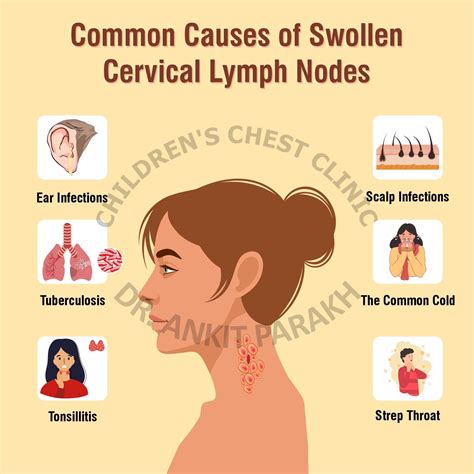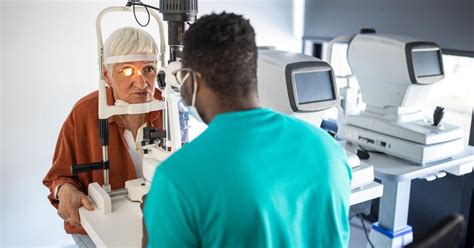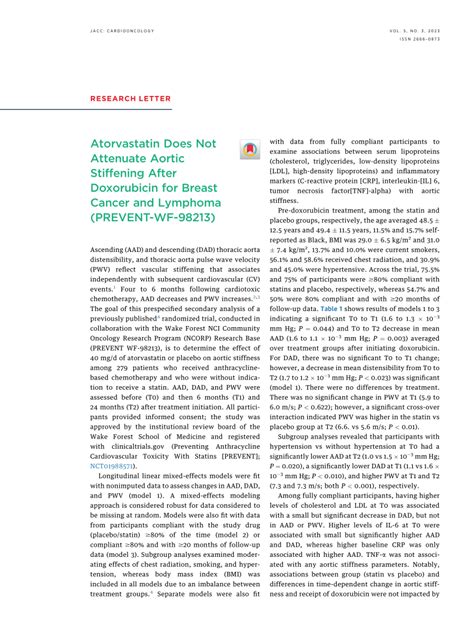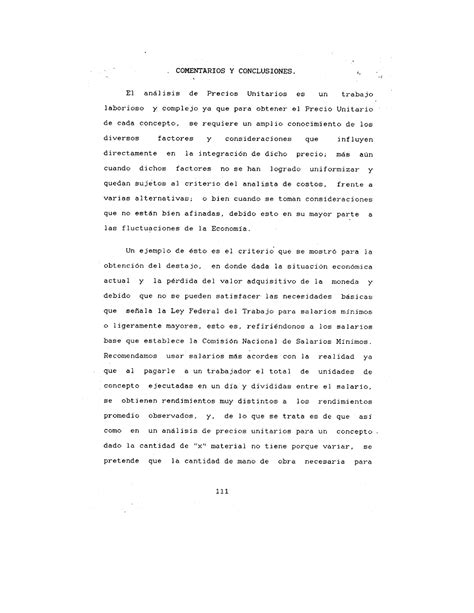Intro
Discover causes and symptoms of enlarged lymph nodes under the jaw, including infections, cancers, and autoimmune disorders, and learn about diagnosis and treatment options for swollen lymph nodes.
The human body is a complex and fascinating system, with various components working together to maintain overall health and well-being. One such component is the lymphatic system, which plays a crucial role in protecting the body against infections and diseases. The lymph nodes, in particular, are an essential part of this system, and their enlargement can be a cause for concern. In this article, we will delve into the topic of enlarged lymph nodes under the jaw, exploring the possible causes, symptoms, and treatment options.
The lymph nodes are small, bean-shaped structures located throughout the body, with a high concentration in the neck, armpits, and groin areas. They contain immune cells called lymphocytes, which help to fight off infections and diseases. When the body detects the presence of foreign substances, such as bacteria or viruses, the lymph nodes become activated, and their size may increase as they work to eliminate the threat. Enlarged lymph nodes under the jaw can be a sign of an underlying infection or condition, and it is essential to understand the possible causes and symptoms to seek appropriate medical attention.
Enlarged lymph nodes under the jaw can be caused by a variety of factors, including viral or bacterial infections, autoimmune disorders, or even cancer. In some cases, the enlargement may be a temporary and harmless reaction to a minor infection, while in other cases, it may be a sign of a more serious underlying condition. It is crucial to consult a healthcare professional to determine the cause of the enlargement and receive proper diagnosis and treatment.
Understanding Lymph Nodes

Functions of Lymph Nodes
The lymph nodes perform several essential functions, including: * Filtering out harmful substances and microorganisms from the body * Producing immune cells called lymphocytes, which recognize and attack foreign substances * Producing antibodies, which help to neutralize or remove pathogens from the body * Aiding in the removal of waste and toxins from the body * Helping to regulate the immune system and prevent autoimmune disordersCauses of Enlarged Lymph Nodes Under the Jaw

Symptoms of Enlarged Lymph Nodes
The symptoms of enlarged lymph nodes under the jaw may include: * Swelling or tenderness in the neck or jaw area * Pain or discomfort when swallowing or speaking * Fever or chills * Sore throat or difficulty swallowing * Fatigue or weakness * Weight loss or loss of appetiteDiagnosis and Treatment

Treatment for enlarged lymph nodes under the jaw will depend on the underlying cause and may include:
- Antibiotics or antiviral medications to treat infections
- Anti-inflammatory medications to reduce swelling and pain
- Surgery to remove the affected lymph node or surrounding tissue
- Radiation therapy or chemotherapy to treat cancer
Home Remedies and Self-Care
In addition to medical treatment, there are several home remedies and self-care strategies that can help to alleviate symptoms and promote healing, including: * Getting plenty of rest and staying hydrated * Applying warm compresses to the affected area to reduce pain and swelling * Practicing good hygiene, such as washing hands regularly and avoiding close contact with others * Eating a healthy, balanced diet to support immune function * Managing stress and anxiety through techniques such as meditation or deep breathingPrevention and Risk Factors

Lifestyle Changes and Nutrition
Making lifestyle changes and incorporating essential nutrients into your diet can help to support immune function and reduce the risk of enlarged lymph nodes, including: * Eating a balanced diet rich in fruits, vegetables, and whole grains * Getting regular exercise, such as walking or yoga, to reduce stress and promote circulation * Practicing good hygiene, such as washing hands regularly and avoiding close contact with others * Getting enough sleep and managing stress through techniques such as meditation or deep breathing * Avoiding exposure to toxins or pollutants, such as pesticides or heavy metalsConclusion and Next Steps

We invite you to share your thoughts and experiences with enlarged lymph nodes under the jaw in the comments section below. Have you or someone you know been diagnosed with enlarged lymph nodes? What were the symptoms, and how was it treated? Your feedback and insights can help others who may be going through a similar experience.
What are the common causes of enlarged lymph nodes under the jaw?
+Enlarged lymph nodes under the jaw can be caused by viral or bacterial infections, autoimmune disorders, cancer, infections of the teeth or gums, and allergies or sensitivities to certain substances.
How are enlarged lymph nodes under the jaw diagnosed?
+Diagnosis of enlarged lymph nodes under the jaw typically involves a physical examination, medical history, and diagnostic tests, such as blood tests, imaging tests, and biopsy.
What are the treatment options for enlarged lymph nodes under the jaw?
+Treatment for enlarged lymph nodes under the jaw depends on the underlying cause and may include antibiotics or antiviral medications, anti-inflammatory medications, surgery, radiation therapy, or chemotherapy.
Can enlarged lymph nodes under the jaw be prevented?
+While it may not be possible to completely prevent enlarged lymph nodes under the jaw, practicing good hygiene, getting regular check-ups, and maintaining a healthy lifestyle can help to reduce the risk.
What are the risk factors for enlarged lymph nodes under the jaw?
+Risk factors for enlarged lymph nodes under the jaw include a weakened immune system, family history of autoimmune disorders or cancer, exposure to toxins or pollutants, and poor diet or lack of essential nutrients.
